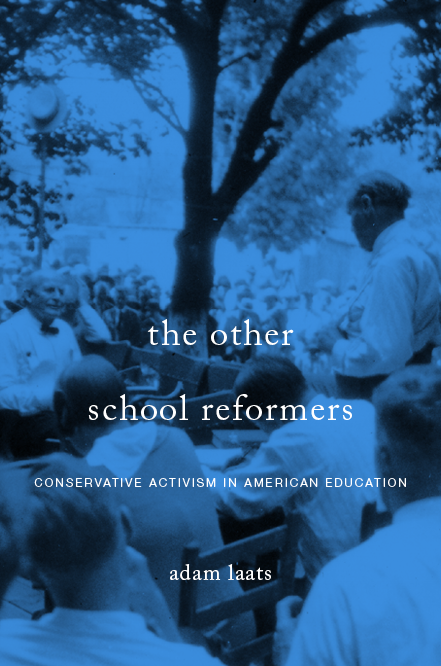It’s not worth getting mad about, but it gets me mad anyway. We’re accustomed to seeing conservative pundits spouting off about how terrible college is these days. This week, Victor Davis Hanson takes this college-bashing tradition in a sad new direction in the pages of National Review. Instead of just bashing “college,” Hanson turns his spite on college students themselves.
As SAGLRROILYBYGTH are well aware, conservatives have long been anxious about the moral state of American higher education. As I argue in my book about the history of educational conservatism, we have heard these worries for almost a full century.
In the early 1920s, for example, anti-evolution celebrity William Jennings Bryan railed against trends in American higher education. In one public dispute with University of Wisconsin President Edward Birge, for example, Bryan offered the following memorable proposal. If universities continued to promote amoral ideas such as human evolution, Bryan suggested, they needed to post the following notice:
Our class rooms furnish an arena in which a brutish doctrine tears to pieces the religious faith of young men and young women; parents of the children are cordially invited to witness the spectacle.
Elite schools, Bryan warned, had begun actively to teach “moral laxity and corrosiveness.” Universities needed to warn parents that they no longer taught students right from wrong. This sense of conservative outrage at higher-educational trends was a driving force behind the culture wars of the 1920s.

Attacking science and college…
It wasn’t only Bryan and it wasn’t only evolution. Since the 1920s, conservative intellectuals have voiced their sense that elite universities had gone off the moral rails. Consider the case made by some patriotic conservatives in the 1930s and 1940s against the anti-American direction of the elite higher-educational establishment.
In 1938, for instance, Daniel Doherty of the American Legion denounced elite institutions as mere “propagandists.” Universities such as Columbia had taken to “attacking the existing order and [to] disparagement of old and substantial values.”
These intense antagonistic feelings toward elite universities were widely shared among conservative thinkers in the 1930s. Bertie Forbes, for example, syndicated columnist and founder of Forbes magazine, warned that elite schools were “generally regarded as infested” with subversive and anti-moral professors.
I’m especially sorry to see Hanson join this reactionary tradition because I really like some of his books, especially Wars of the Ancient Greeks. And I’m double sorry to see Hanson take this tradition in a mean-spirited direction. Not only are universities themselves moral cesspools, Hanson warns, but students have ingested enough of the amorality that they themselves have become carriers of the moral infection. As Hanson writes,
The therapeutic mindset preps the student to consider himself a victim of cosmic forces, past and present, despite belonging to the richest, most leisured, and most technologically advanced generation in history. . . . Today’s students often combine the worst traits of bullying and cowardice. . . . The 19-year-old student is suddenly sexually mature, a Bohemian, a cosmopolitês when appetites call — only to revert to Victorian prudery and furor upon discovering that callousness, hurt, and rejection are tragically integral to crude promiscuity and sexual congress without love.
…really? I can’t help but wonder where Hanson is getting his information. There probably some college students out there who embody Hanson’s calumnies. But among the students I work with, the vast majority are hard-working, earnest, thoughtful, open to ambiguity and contradiction, and often self-sacrificing.
It’s one thing to bemoan the intellectual trends that are dominating elite universities. But I wish the conservative college Cassandras would leave the students out of it. As anyone who works with college students knows, they don’t deserve this sort of abuse.




